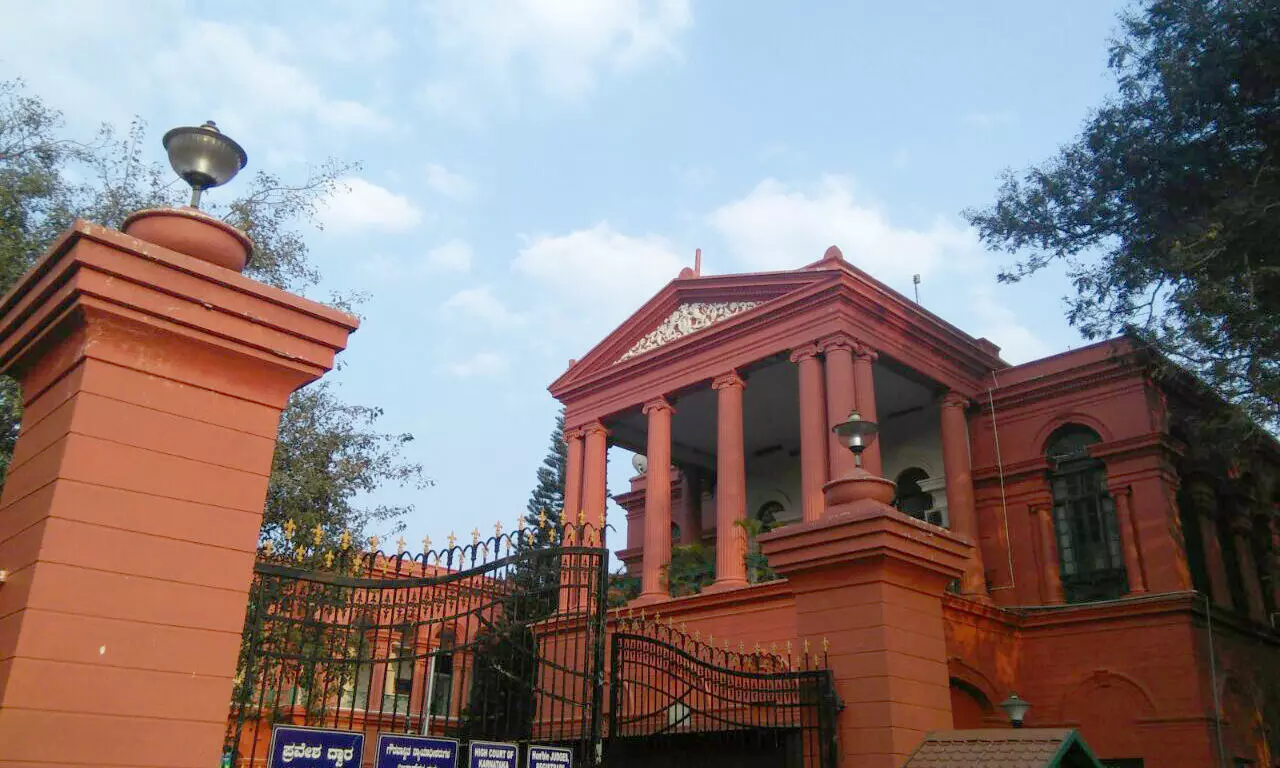
Last Seen Theory Requires Corroboration- Karnataka HC Acquitted Woman Convicted For Killing Her Two-Month-Old Daughter
 |
|The Karnataka High Court has set aside a Sessions Court's Judgment imposing life sentence on a woman from Andhra Pradesh who allegedly killed her two-month-old daughter, and ordered her release from prison.
The Fourth Additional District and Sessions Judge, Madhugiri in Tumakuru district in 2017 convicted Kavitha, from Madakasira in Sri Sathyasai district of Andhra Pradesh, under Section 302 (punishment for murder) of the Indian Penal Code, to undergo life imprisonment for murder.
Kavitha and her husband Manjunatha had come to a hospital in Koratagere, Tumakuru, Karnataka to treat their child suffering from respiratory problems and epilepsy. Kavitha was also unable to feed her baby.
Manjunatha complained to the local police that Kavitha threw the baby in the Suvarnamukhi river on the outskirts of the town in August 2016. The investigation and trial led to her conviction by the trial court in 2017.
A total of 15 witnesses and 16 documents were used by the prosecution to get the conviction.
However, the Division Bench of the High Court comprising Justice K Somashekar and Justice Shivashankar Amarannavar allowed the woman's appeal, set aside the conviction, acquitted her and also ordered her release.
Advocate R. P. Chandrashekhar appeared for the Appellant while Advocate Vijaykumar Majage appeared for the State.
"Even last seen theory requires corroboration. Accused persons cannot be convicted solely on the basis of the evidence of last seen together with the deceased", the Bench held.
"In the instant case, the importance of corroboration of the evidence which was facilitated by the prosecution, it must be positive, cogent, consistent and probabalized that the accused had committed the murder of the deceased," the Court said in the judgement.
However, "in the instant case, though the prosecution subjected examination of PW.1 to PW.15, but no worthwhile evidence has been facilitated by the prosecution for securing the conviction of the accused for the offence under Section 302 of Indian Penal Code," it stated.
Click here to read/download Judgment
With PTI inputs